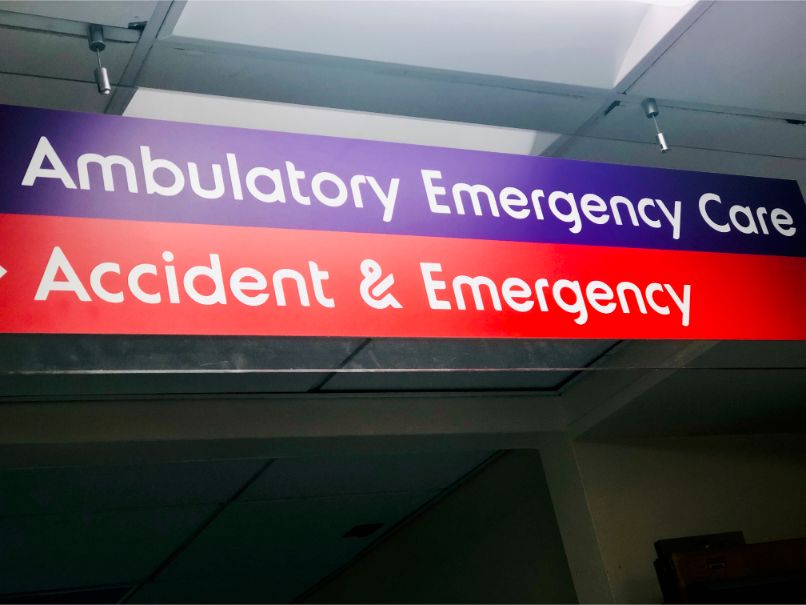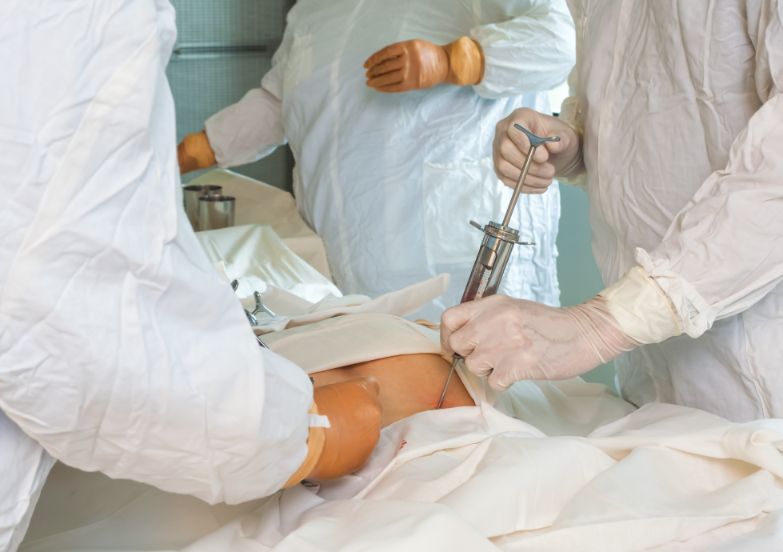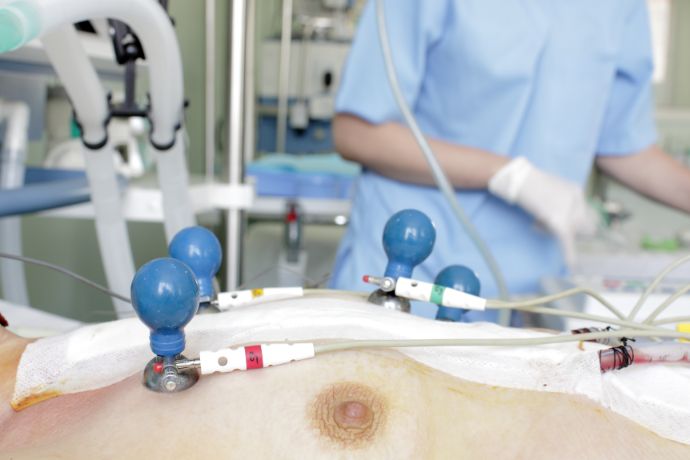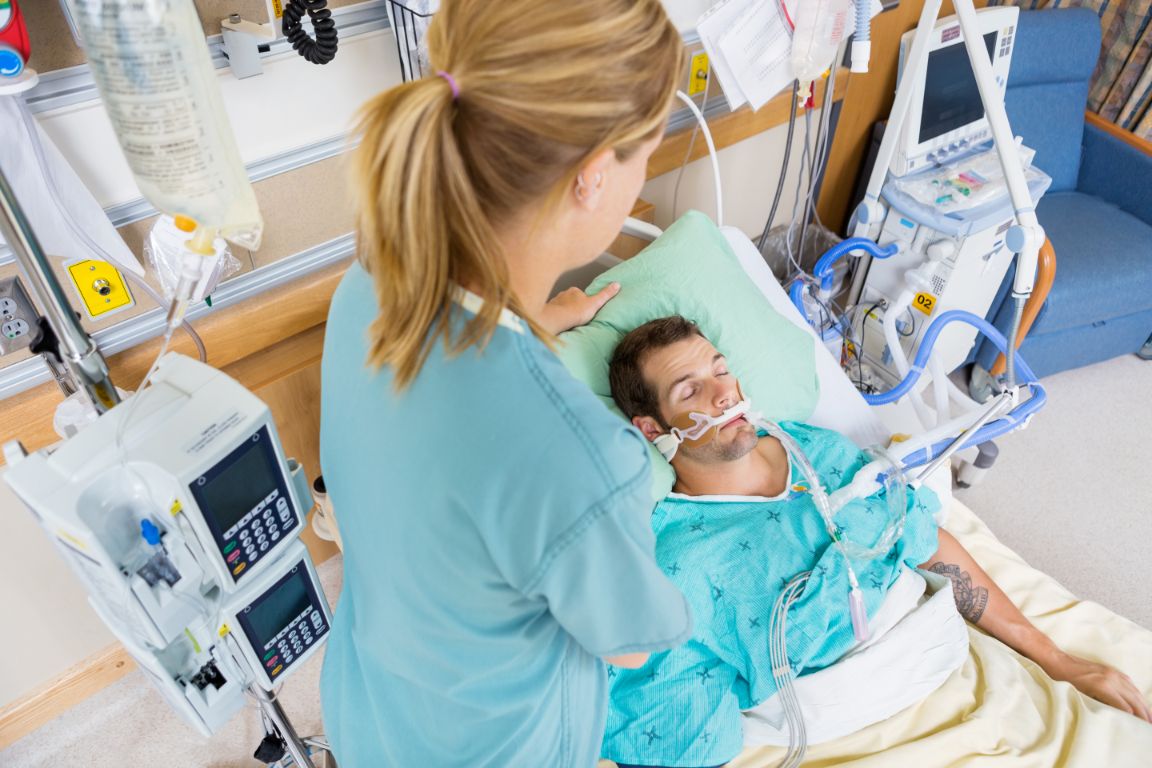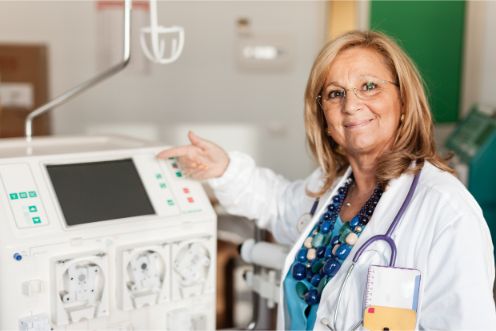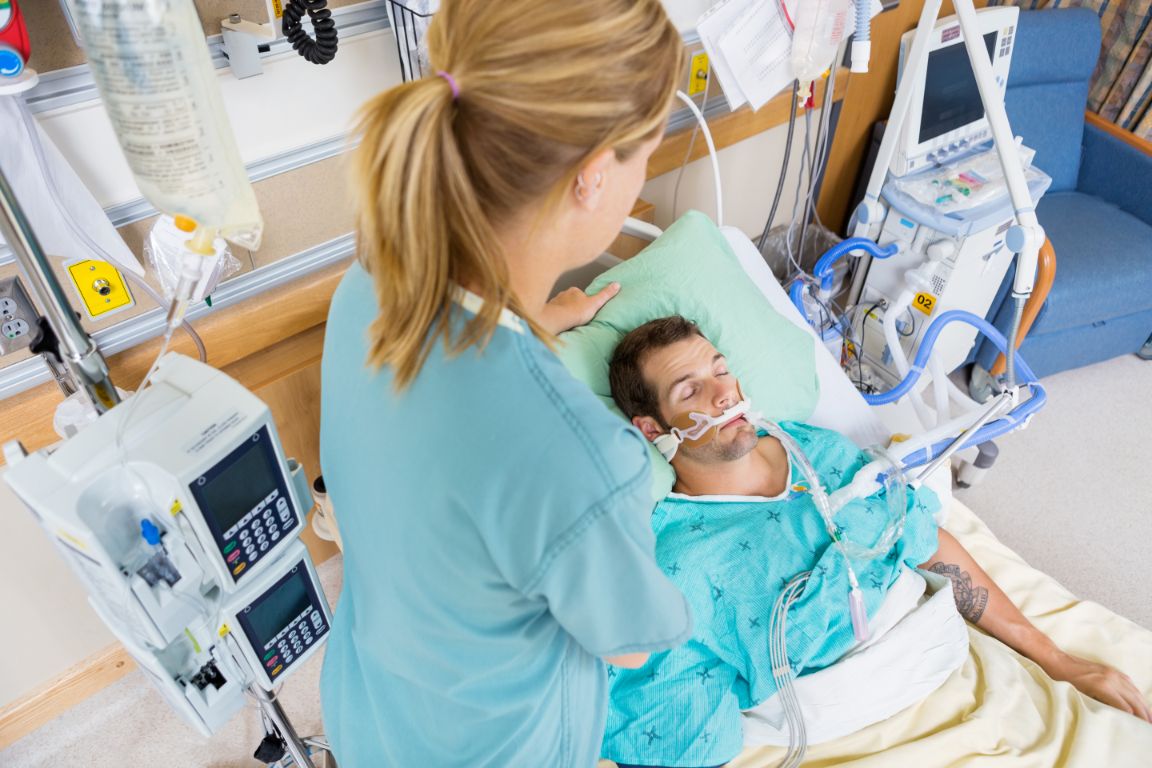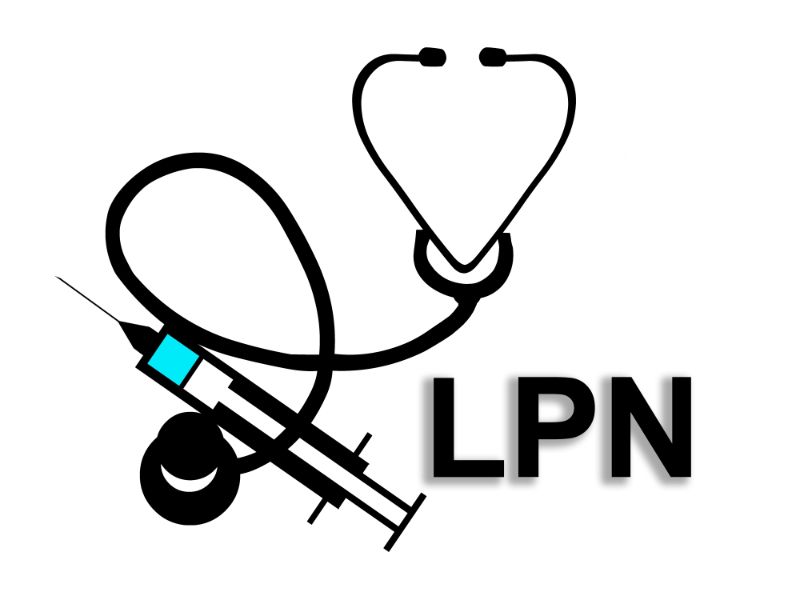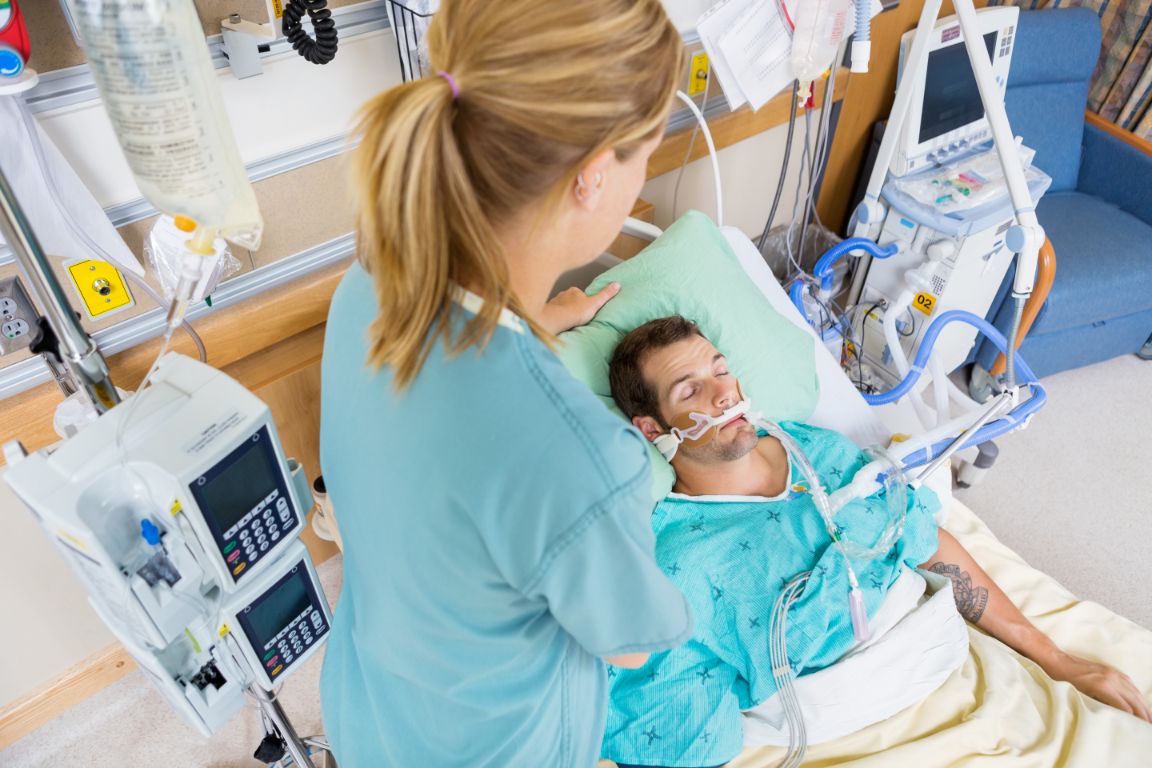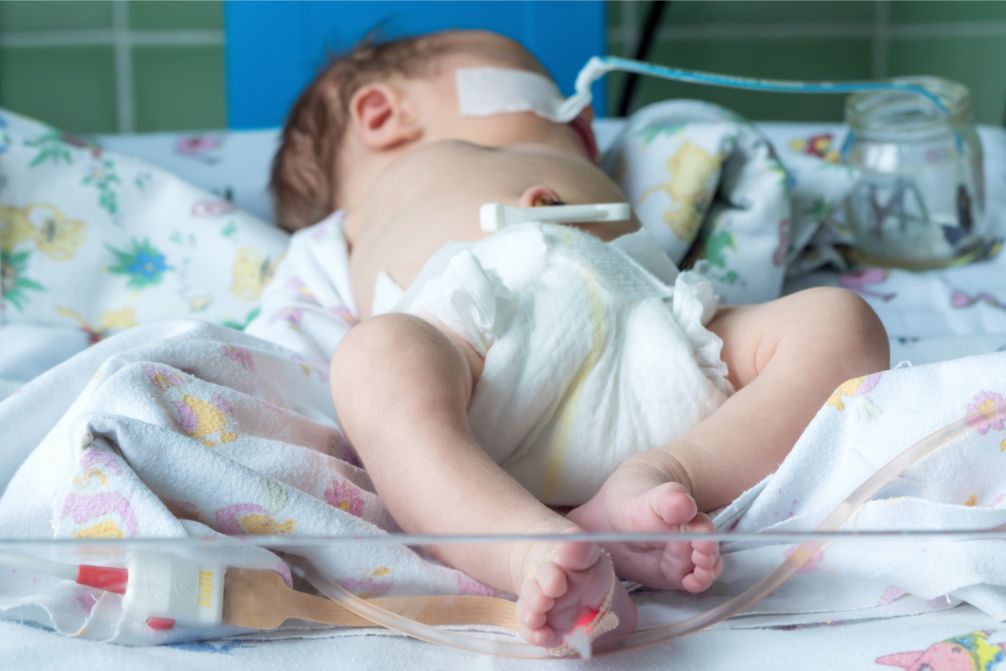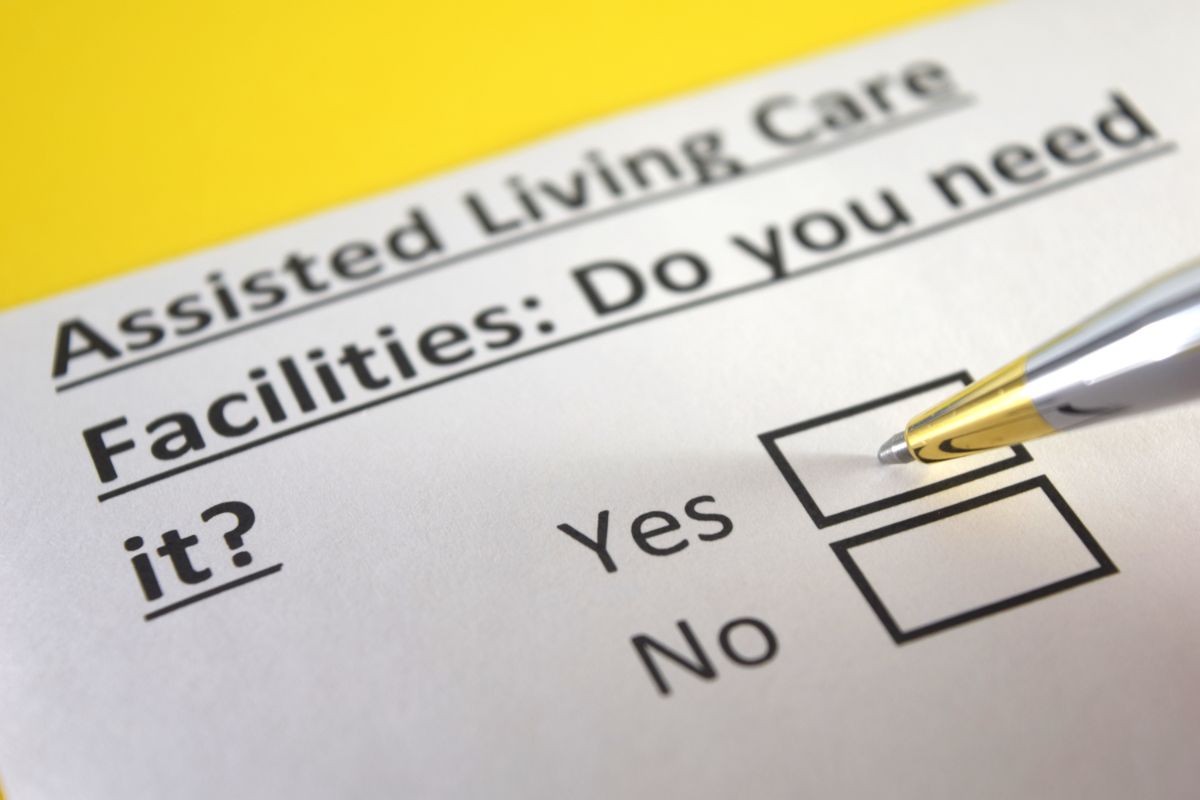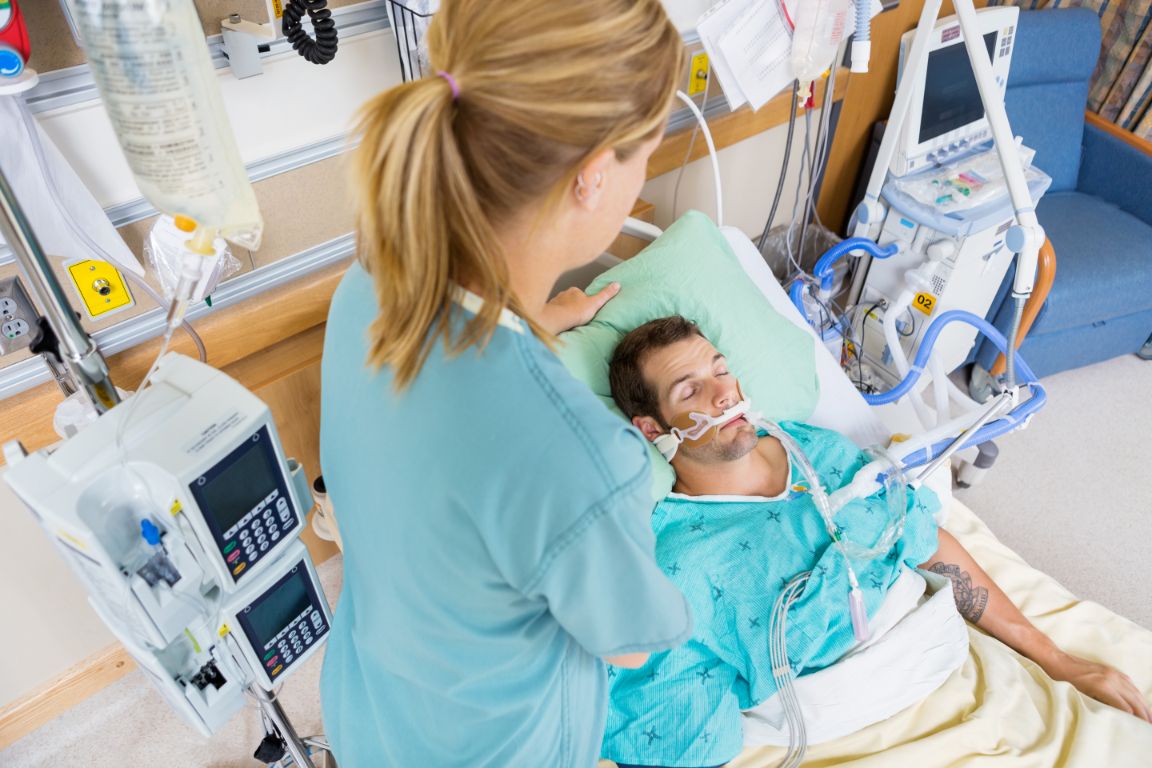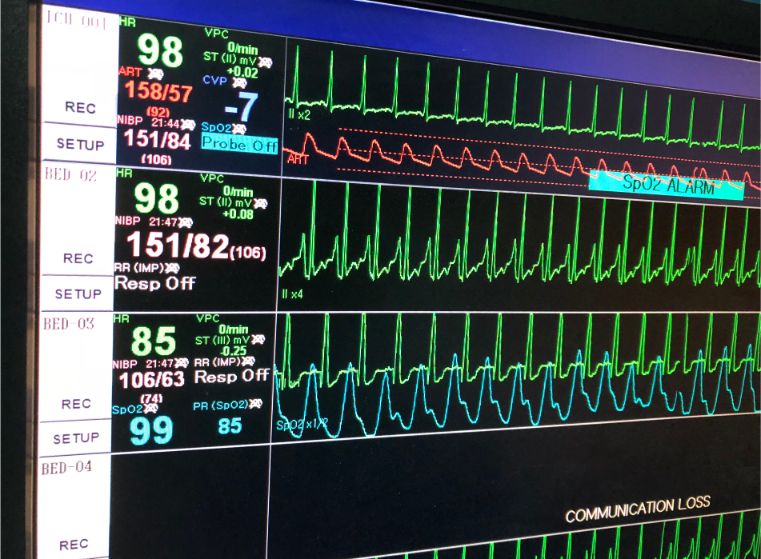
Please Wait.....
Best Travel Nursing Assignments by Specialty
Inverted health care offers a wide variety of nursing specialties to travel nurses. Find your specialty and explore travel nursing jobs nationwide.
The need for travel nurses is at historical high and will continue to grow over the next decade in every specialty. From L&D and ER to Pediatric and ICU jobs, hospitals are seeking qualified RNs for travel assignments. Inverted Healthcare places nurses in a wide variety of specialties and settings in over 45 states from California to New York. You can start your journey by selecting from our list of travel nursing specialties below.
An ambulatory care nurse is a nursing professional that treats patients that seek routine medical care for acute and chronic illnesses as well as injuries, usually outside of a hospital setting. As an ambulatory care nurse, you will most likely find yourself working with individuals on an outpatient basis only
Bone Marrow Transplant Nurses are specialized Oncology Nurses who work in hospitals alongside Bone Marrow Transplant Physicians, assisting them by providing pre- and post-transplant care to patients whose bone marrow has been damaged by diseases such as leukemia (that is, blood cancer), anemia, juvenile osteoporosis, and Hodgkin’s disease
Cardiovascular Intensive Care Unit Nurses, or CVICU RNs, provide critical care to patients with potentially life-threatening heart conditions. They must observe changes in their patients, analyze charts, change bandages, and communicate effectively with doctors and health care professionals
Cardiovascular operating room nurses are valuable members of the surgical services and operating room teams. CVOR nurses care for cardiovascular patients before, during and following surgical procedures by administering medications, monitoring vital signs and participates in the sedation of patients and assists physicians during the procedure by administering medications, monitoring vital signs and applying dressings
RN Case Managers are registered nurses tasked with the evaluation and implementation of health care plans for individual patients. They are concerned with providing effective and efficient medical care while managing the costs of treatment. ... Responsibilities of an RN Case Manager include: Assess new patients
Preparation of patients can include taking the patients vital signs, oxygen levels and heart rhythm before the physician examines the patient. ... Nurses help ease the patients fear and answer questions regarding the cardiac procedure. Cath lab nurses obtain patient consent for cardiac procedures
A certified nursing assistants (CNA) main role is to provide basic care to patients, as well as assist them in daily activities they might have trouble with on their own, such as bathing. ... They should have phenomenal communication skills since its their job to bring all patient concerns and issues to their supervisor
The ADULT CRITICAL CARE REGISTERED NURSE (RN) is a healthcare provider, who through education and experience, possesses a distinct body of knowledge and skills relative to the care of the adult patient across the lifespan who is experiencing life-threatening conditions requiring complex clinical assessment, technologically intense therapies, and interventions. He/she applies specialized nursing knowledge in assessing, implementing, and evaluating patient response to complex conditions, therapies and interventions. He/she initiates nursing care, health teaching, and health counseling that supports life and restores well-being. Nursing care is performed in accordance with the nurse practice act and under the direction and supervision of the appropriate client representative(s) on the assigned Adult Critical Care Unit.
Registered Nurses (RNs) care for people who are sick, injured, convalescent or disabled. Under general supervision, they deliver care to patients utilizing the nursing process of assessment, planning, intervention, implementation, and evaluation, in accordance with established philosophy. RNs collaborate with other professional disciplines to ensure effective patient care delivery and achievement of desired patient outcomes. RNs effectively interact with patient and significant others, while maintaining the standard of professional nursing. The nature of the direction and supervision required for this position varies by State and job setting. Dialysis Nurses provide care and support for patients suffering from acute and chronic renal (kidney) failure. They assist pre- and during dialysis procedures, following physician orders.
Directing, overseeing and evaluating all nursing personnel (registered nurses, LPN etc.) ... Setting objectives and long-term goals for the nursing department
The EMERGENCY DEPARTMENT REGISTERED NURSE (RN) is a healthcare provider who through education and experience possesses a distinct body of knowledge and skills relative to the care of patients across the lifespan who are experiencing life-threatening conditions requiring complex clinical assessment, technologically intense therapies, and interventions. He/she applies specialized nursing knowledge in assessing, implementing, and evaluating patient response to complex conditions, therapies, and interventions. He/she initiates nursing care, health teaching, and health counseling that supports life and restores well-being. Nursing care is performed in accordance with the nurse practice act and under the direction and supervision of the appropriate client representative(s) on the assigned Emergency Care Unit.
Endoscopy Nurses assist Doctors with endoscopic procedures. Their primary responsibilities include answering patient questions and addressing their concerns, observing patient vital signs and administering the necessary patient medication
When she visits a patients home, she assesses the patients condition, takes vital signs, such as blood pressure and manages wound care, as needed. Home health nurses often manage and administer prescription medicines when patients need it. ... She writes and sends reports about each visit to the patients physician
Home Health Aide Job Duties: Monitors patient condition by observing physical and mental condition, intake and output, and exercise. Supports patients by providing housekeeping and laundry services; shopping for food and other household requirements; preparing and serving meals and snacks; running errands
The ADULT CRITICAL CARE REGISTERED NURSE (RN) is a healthcare provider, who through education and experience, possesses a distinct body of knowledge and skills relative to the care of the adult patient across the lifespan who is experiencing life-threatening conditions requiring complex clinical assessment, technologically intense therapies, and interventions. He/she applies specialized nursing knowledge in assessing, implementing, and evaluating patient response to complex conditions, therapies and interventions. He/she initiates nursing care, health teaching, and health counseling that supports life and restores well-being. Nursing care is performed in accordance with the nurse practice act and under the direction and supervision of the appropriate client representative(s) on the assigned Adult Critical Care Unit.
They monitor and assess patients, ensuring the provision of safe and effective care. The job duties of diagnostic and interventional radiology nurses include (but are not limited to): Preparing patients for procedures: Includes checking and verifying vital signs, meds, NPO status, lab results, and medical history
Labor and Delivery Nurse Job Duties. In addition to assisting women throughout labor and the birthing process, labor and delivery nurses care for women who experience complications with their pregnancies and assist surgeons during cesarean deliveries
LICENSED PRACTICAL/VOCATIONAL NURSE provides direct nursing care to patients as prescribed by the physician and is under the direction and supervision of the appropriate facility representative (RN or MD). The LPN/LVN provides nursing care specific to the age population served. Nursing activities are limited to those in compliance with the State LPN/LVN Practice Act, client facility policies and procedures, and agency policies and procedures.
The ADULT CRITICAL CARE REGISTERED NURSE (RN) is a healthcare provider, who through education and experience, possesses a distinct body of knowledge and skills relative to the care of the adult patient across the lifespan who is experiencing life-threatening conditions requiring complex clinical assessment, technologically intense therapies, and interventions. He/she applies specialized nursing knowledge in assessing, implementing, and evaluating patient response to complex conditions, therapies and interventions. He/she initiates nursing care, health teaching, and health counseling that supports life and restores well-being. Nursing care is performed in accordance with the nurse practice act and under the direction and supervision of the appropriate client representative(s) on the assigned Adult Critical Care Unit.
The ADULT MEDICAL SURGICAL REGISTERED NURSE (RN) is a healthcare provider who through education and experience possesses a distinct body of knowledge and skills relative to the care of the adult patient across the lifespan who is experiencing general medical conditions or general surgical interventions. He/she applies general nursing knowledge in assessing, implementing, and evaluating patient response to general and specific conditions, general therapies and interventions. He/she initiates nursing care, health teaching, and health counseling that supports life and restores well-being. Nursing care is performed in accordance with the nurse practice act and under the direction and supervision of the appropriate client representative(s) on the assigned Adult Medical Surgical Unit.
Neonatal nurses are one of a newborns primary sources of care. A neonatal nurse can work in one of three levels of hospital nurseries. Type of Nurseries A Level I nursery is typically dedicated to healthy newborns, but because hospital stays have shortened for mother and child, they are becoming rare. A Level II nursery is designed for infants requiring special or intermediate care. Often premature babies who need more time to mature or other infants who require supplemental oxygen or a special diet are placed in Level II nurseries. Infants requiring the highest level of care are admitted to a Level III nursery that are typically called the neonatal intensive care unit (NICU). These nurseries are more often found in large hospitals or specialized childrens hospitals. Newborns may be admitted to intensive care units because they were born prematurely, underweight or sick. Specific Job Duties Neonatal nurses work directly with patients who may require the use of specialized equipment, such as incubators and ventilators. They must be able to calculate and administer proper dosages of medication, connect intravenous lines and perform cardiopulmonary resuscitation. Neonatal nurses perform a number of tasks with patients, including providing treatment, performing tests, documenting patient history and running equipment. They may also be called upon to work with a patients family to comfort or educate them.
Obstetrics nurses, sometimes referred to as OB nurses, specialize in assisting doctors in the care of pregnant women and in the delivery of babies. They often work in the labor and delivery department in hospitals, health clinics or doctors offices. ... Preparing delivery rooms. Prepping patients
Oncology nurses care for critically or chronically ill cancer patients. They administer chemotherapy, implement new methods of symptom treatment and monitor their patients progress. Oncology nurses also create a supportive environment
The role of the perioperative nurse or operating room (OR) nurse is to provide care for patients before, during and after surgery. ... Circulating OR nurses work within the operating suite but outside of the sterile field; scrub OR nurses handle and prepare operating instruments and equipment within the sterile field
An outpatient nurse is responsible for the overall care of patients seeking treatment at an outpatient medical facility. ... It is the responsibility of an outpatient nurse to ensure the comfort of patients before, during and after medical procedures and surgery
Pediatric nurses provide health and medical care for children from birth through their late teens. These nurses provide expert care to the child while working with the family to address their concerns, fears, problems, and options. Exactly what a pediatric nurse does depends on the work setting, which might be a hospital, surgical center, doctor’s office, clinic, or other health care setting. However, the ten most important tasks included in a general pediatric nurse’s job description, as identified in a study conducted by the National Certification Board of Pediatric Nurse Practitioners and Nurses (NCBPNP/N), (predecessor to the Pediatric Nurse Certification Board (PNCB)) include the following: Identify changes in a child’s signs and symptoms and intervene in emergent situations Maintain privacy and confidentiality in nurse/child relationships Differentiate between normal and abnormal physical findings Serve as a child advocate Participate in activities to manage a child’s pain Analyze situations to anticipate pathophysiological problems and detect changes in status Administer medication using age-appropriate guidelines Determine a child’s needs related to pain management Evaluate a child for signs and symptoms of abuse Provide supportive care to dying children Other frequent activities include involving the child and family in the plan of care, determining the child’s needs based on analysis of symptoms, and determining a child’s needs related to growth and development. Pediatric nurses may also specialize in areas such as cardiology, endocrinology, neonatology, oncology, pulmonary, or trauma and perform tasks specific to those specialties
Pediatric intensive care unit nurses have three main duties: monitoring patients, providing appropriate care and informing patients and their families on the status of procedures. Nurses are trained to perform life-saving, invasive interventions to stabilize patients and apply crisis management techniques
Post-anesthesia care unit nurses (PACU), also known as perianesthesia nurses or recovery room nurses, care for patients who are waking up from anesthesia after surgery. ... They monitor post-operation vital signs, levels of consciousness, and assure patients safely wake from anesthesia
Postpartum nurses provide important physical and emotional care and recovery for both the new mom and the newborn baby following a delivery. They are trained to educate the new mother and watch for signs of postpartum depression, and may work in tandem with a lactation consultant to assist with breastfeeding
The PCU/Telemetry Registered Nurse holds shift accountability for providing care to patients by utilizing the Nursing Process in accordance with the state Nurse Practice Act and Hospital policy and procedures. The Registered Nurse demonstrates critical thinking skills, scientific judgment and leadership in the anticipation and planning for safe delivery of care; maintains clinical competencies through continuing education; delegates patient care priorities commensurate with the education and experience of the staff available; provides direction and supervision of assigned personnel delivering patient care
Mental health nurses are responsible for planning and providing support and medical and nursing care to people who have a range of mental health issues. Mental health nurses support people with issues ranging from anxiety and depression to personality and eating disorders or addiction to drugs or alcohol
The primary objective of rehabilitation nursing is to assist patients in recovering and regaining independence and functionality following an injury, disability, or illness. A rehab nurse typically handles the following: Educates and assists patients to live with and appropriately manage chronic illnesses and injuries
Registered nurses (RNs) monitor patients, develop patient care plans, implement treatments and provide guidance. RNs who provide in-home care or who work in a care facility can supervise the work of licensed practical nurses (LPNs), nursing assistants or home care aides
The PCU/Telemetry Registered Nurse holds shift accountability for providing care to patients by utilizing the Nursing Process in accordance with the state Nurse Practice Act and Hospital policy and procedures. The Registered Nurse demonstrates critical thinking skills, scientific judgment and leadership in the anticipation and planning for safe delivery of care; maintains clinical competencies through continuing education; delegates patient care priorities commensurate with the education and experience of the staff available; provides direction and supervision of assigned personnel delivering patient care
The ADULT CRITICAL CARE REGISTERED NURSE (RN) is a healthcare provider, who through education and experience, possesses a distinct body of knowledge and skills relative to the care of the adult patient across the lifespan who is experiencing life-threatening conditions requiring complex clinical assessment, technologically intense therapies, and interventions. He/she applies specialized nursing knowledge in assessing, implementing, and evaluating patient response to complex conditions, therapies and interventions. He/she initiates nursing care, health teaching, and health counseling that supports life and restores well-being. Nursing care is performed in accordance with the nurse practice act and under the direction and supervision of the appropriate client representative(s) on the assigned Adult Critical Care Unit.
The POST-ACUTE CARE (TELEMETRY) REGISTERED NURSE (RN) is a healthcare provider who through education and experience possesses a distinct body of knowledge and skills relative to the care of the adult patient across the lifespan who is experiencing severe, but not life-threatening, conditions requiring moderately complex clinical assessment, therapies, and interventions. He/she applies specialized nursing knowledge in assessing, implementing, and evaluating patient response to moderately complex conditions, therapies and interventions. He/she initiates nursing care, health teaching, and health counseling that support life and restore well-being. Nursing care is performed in accordance with the nurse practice act and under the direction and supervision of the appropriate client representative(s) on the assigned Post-Acute Care (Telemetry) Unit.
Provide excellent nursing care to patients suffering from wounds. Assess and evaluate patients with wounds and injuries. ... Educate and counsel patients and their families on wound care processes and issues. Demonstrate wound care procedures to other care givers
